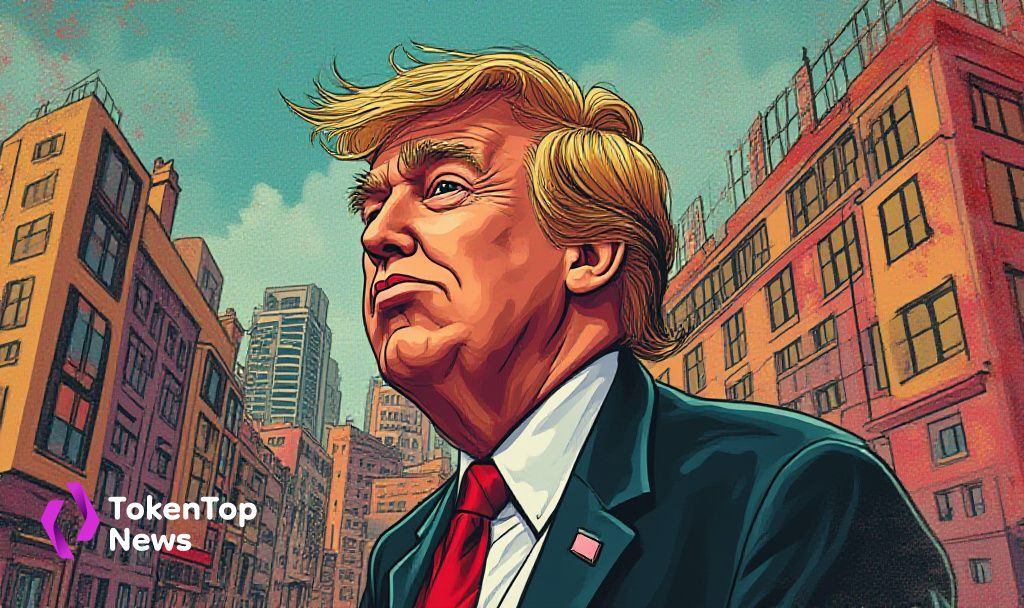Trump Advocates for U.S. Control of Gaza Strip
- Controversial proposal for U.S. oversight of Gaza.
- No immediate impact on cryptocurrency markets.
- Raises questions about U.S. foreign policy direction.

Donald Trump has proposed that the United States should take control of the Gaza Strip following the ongoing conflict, sparking discussions among global leaders.
Trump’s proposal affects international diplomatic strategies but hasn’t influenced cryptocurrency markets directly.
The conflict in Gaza has seen a variety of diplomatic efforts, with Hamas negotiations including hostage discussions. Trump’s suggestion represents a controversial approach to resolving tensions. He emphasized that this would provide a “permanent place for them.”
The diplomatic scene involves key leaders like U.S. Envoy Adam Boehler and Prime Minister Netanyahu. Boehler engaged in unprecedented talks with Hamas, while Netanyahu confirmed no concessions beyond a “safe corridor” for recent hostages.
Trump’s proposal could shift U.S. foreign policy, impacting geopolitical dynamics. However, its reception has been mixed among international leaders. The wariness about Hamas’ role in any agreement is evident in both U.S. and Israeli stances.
Trump’s proposition comes amid an unsettled market, with no direct effect on cryptocurrencies. The call for proactive engagement may trigger broader discussions on U.S. foreign policy, particularly with Middle Eastern nations.
Past events have shown volatile global reactions to Middle East conflicts, yet no marked changes in cryptocurrency markets. Political shifts like this often hold long-term consequences but don’t necessarily influence immediate market movements. “Israel did not commit to a ceasefire or the freeing of Palestinian prisoners as part of the release and… only agreed to create a ‘safe corridor’ to allow for Alexander to be returned.”
Financial, regulatory, and technological outcomes of Trump’s proposal remain speculative. Historical analysis shows past Middle East tensions impacted various financial markets, though no recent evidence suggests similar effects on cryptocurrencies. Observers remain watchful for eventual adjustments linked to political stability.



